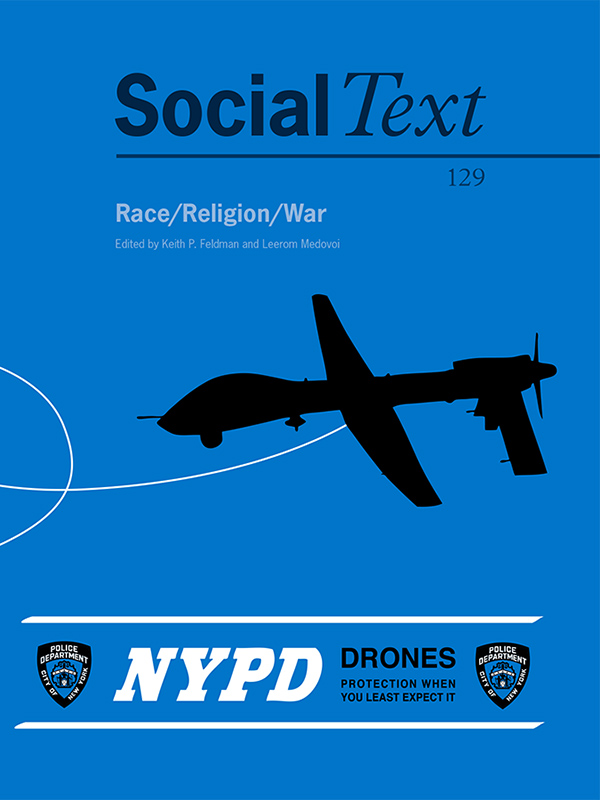articles, essays, other things I'm writing & thinking about right now
An Epic of the Body and of Memory
Atavism and the Critique of Enlightenment in Driss Chraïbi's Une Enquête au pays (under review)
This article offers a new reading of Driss Chraïbi’s novel Une Enquête au pays (1981), focusing in particular on the term “enquête” from its title. While its protagonists do indeed conduct a police “investigation,” it quickly becomes clear that Chraïbi too is conducting a “search” for the autochthonous ways of being, knowing, and doing from which colonial education and French acculturation have severed him. Using theoretical texts by Theodor Adorno, Max Horkheimer, Abdellatif Laâbi, and D.A. Miller, I argue that Enquête repurposes the conventions of the roman policier to offer a critique of Enlightenment and its violent colonial and post-colonial ramifications. On the one hand, Chraïbi paints a fantastical portrait of native subjectivity that remains illegible to state forms of knowing and control. On the other hand, he recognizes that, by prying into the minds of his supposedly unknowable Amazigh characters, the author too can become like the police.
We Deportees
Race, Religion, and War on Palestine's No-Man's Land (co-authored with Keith Feldman)
This article addresses a critical inflection point in the history of the long War on Terror: Israel’s 1992 deportation of over four hundred Palestinians to the “no-man’s-land” between Israel and Lebanon, and the camp that the deportees fashioned for the better part of one year to contest the legitimacy of Israeli colonialism and demand their return. The deportation paradoxically provided the conditions of possibility for conversation and collaboration among attorneys, doctors, professors, university students, and imams, which had heretofore been highly restricted and regulated by Israel’s carceral practices in the West Bank and Gaza. The deportees—those who in Giorgio Agamben’s estimation had been literally abandoned in a zone of indistinction—engaged in a political practice of “habitational resistance,” refusing their conversion into homines sacri by performing instead a mode of life that rendered multiple lines of trans-territorial affiliation, self-assertion, and continuity. The deportees’ published archive—poetry, photo books, auto-ethnographies—is understood as a technology of mediation that operates beyond the bounds of the prevailing Islamophobic and orientalist frames while also addressing Palestinians in Israel, the West Bank, and Gaza. The case of the deportees thus illuminates the articulation of race, religion, and war as it rubs against the linkage between settler colonial dispossession and the Westphalian trinity of nation, state, and territory.
Words Against Erasure
The Persistence of the Poetic in Jabra Ibrahim Jabra's In Search of Walid Masoud
This article traces the particular power that the poetic word retains in Jabra Ibrahim Jabra’s 1978 novel In Search of Walid Masoud, starting with its prologue, which in my reading constitutes a nasīb or amatory prelude in prose. I argue that amidst the novel’s metafictional critique of intellectual and political discourse, poetry emerges as a contrapuntal, resistant realm where words do not mediate and obscure but rather constitute experience, transforming fleeting realities into permanent truths, loss into creation, and absence into presence. Poetry both persists and generates persistence in Walid Masoud: its hyper-distilled language haunts the various narrators’ prose, while its form as lyrical address is shown to steel experience against the erasures not only of time and history, but also of exile and occupation—a particularly crucial imperative in the Palestinian context. The article thus nuances prevalent readings of this novel as a critique of the failures of Arab intellectuals in light of the 1967 defeat or Naksa.


